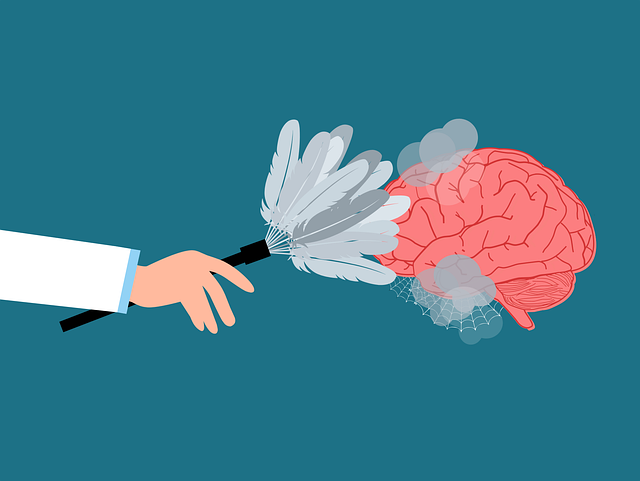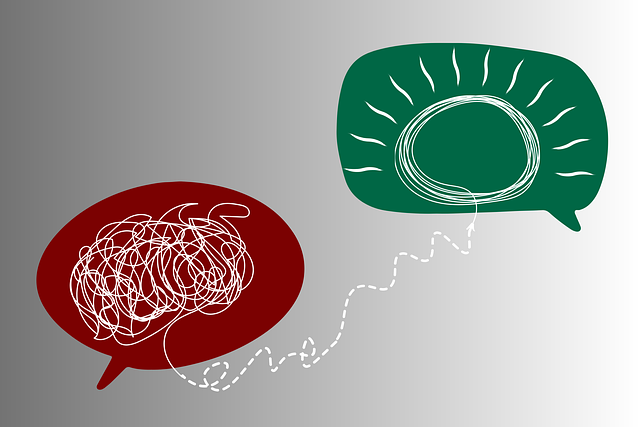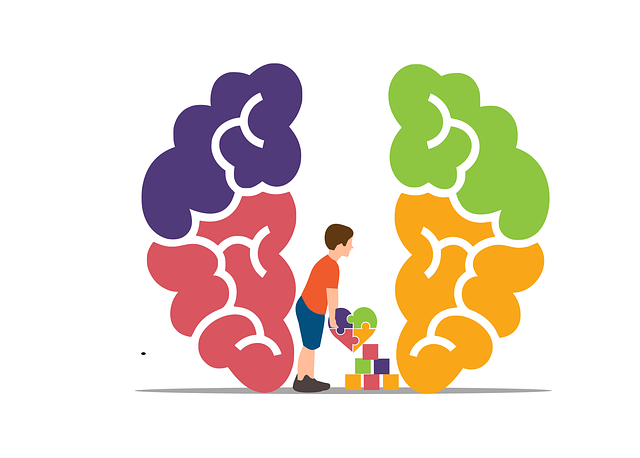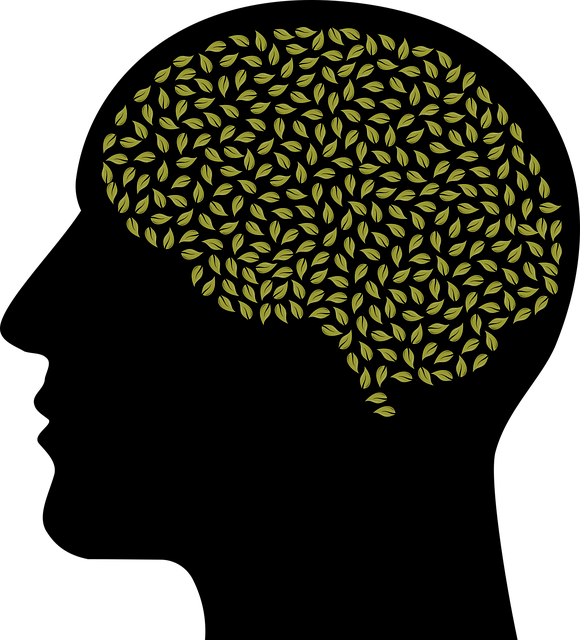Crisis Intervention Teams (CITs), staffed by professionals from diverse backgrounds, are vital for providing immediate support to individuals with severe emotional distress or Superior Functional Neurological Disorders (SFNDs). Their collaborative approach, integrating mood management, confidence boosting, and compassion cultivation, offers holistic care. Effective CIT training emphasizes mind over matter principles, emotional well-being promotion techniques, and SFND therapy—a comprehensive program combining evidence-based practices to enhance de-escalation skills and prevent burnout. Through interactive simulations, participants gain practical experience in innovative emotional regulation techniques for improved patient outcomes in high-pressure settings.
In today’s challenging social landscape, effective crisis intervention teams (CITs) play a pivotal role in providing immediate mental health support. These specialized groups are trained to navigate traumatic situations with empathy and expertise. This article explores the crucial aspect of CIT training, focusing on enhancing capabilities through Superior Functional Neurological Disorder Therapy. By delving into key components and innovative techniques, we uncover how these programs empower teams to offer optimal crisis intervention and long-term positive outcomes for individuals in distress.
- Understanding Crisis Intervention Teams: Role and Importance in Mental Health Support
- Key Components of Effective Crisis Intervention Team Training Programs
- Superior Functional Neurological Disorder Therapy: Integrating Techniques for Optimal Impact
Understanding Crisis Intervention Teams: Role and Importance in Mental Health Support

Crisis Intervention Teams (CITs) play a pivotal role in mental health support, especially when dealing with individuals experiencing severe emotional distress or superior functional neurological disorders (SFNDs). These teams are comprised of trained professionals from various disciplines, including psychology, social work, and psychiatry. Their primary objective is to provide immediate, on-site assessment and intervention to individuals in crisis, aiming to de-escalate the situation and stabilize their mental state.
The importance of CITs cannot be overstated, particularly when it comes to improving outcomes for people with SFNDs. By fostering a collaborative environment, these teams offer a holistic approach to care, incorporating evidence-based practices such as mood management, confidence boosting, and compassion cultivation. Through rapid response and personalized support, CITs can significantly enhance the quality of life for those facing mental health challenges, ensuring they receive the necessary help without delay.
Key Components of Effective Crisis Intervention Team Training Programs

Effective crisis intervention team training programs are multifaceted and incorporate several key components to ensure optimal preparation for real-world scenarios. Firstly, they should focus on Mind Over Matter Principles, teaching participants techniques to manage stress and anxiety through mental strategies. This includes fostering resilience, promoting emotional intelligence, and imparting coping mechanisms tailored to handle distressing situations. By integrating Emotional Well-being Promotion Techniques, these programs empower individuals to recognize and address their own emotional states as well as those of others, thereby enhancing their ability to de-escalate crises effectively.
Secondly, superior functional neurological disorder therapy plays a pivotal role. This involves training crisis intervention teams in the latest neuroscience research, enabling them to understand the physiological underpinnings of behavior during crises. Through this knowledge, they can apply targeted interventions that not only provide immediate relief from anxiety relief but also promote lasting positive outcomes for individuals experiencing mental health emergencies. Such comprehensive training ensures that crisis intervention teams are equipped with a diverse toolkit, ready to navigate complex situations with empathy and professionalism.
Superior Functional Neurological Disorder Therapy: Integrating Techniques for Optimal Impact

Superior Functional Neurological Disorder (SFND) Therapy is a revolutionary approach that integrates diverse techniques to achieve optimal impact during crisis intervention team training. This holistic method recognizes the intricate connection between neurological function, emotional regulation, and effective communication strategies. By combining evidence-based practices, SFND Training equips healthcare providers with essential tools to manage complex situations, preventing burnout and enhancing patient outcomes.
The program delves into innovative techniques for emotional regulation, fostering a resilient mindset among team members. It emphasizes the importance of clear communication strategies, ensuring that crisis intervention teams can navigate challenging scenarios seamlessly. Through interactive simulations and practical exercises, participants gain hands-on experience in applying these strategies, ultimately strengthening their ability to provide compassionate and efficient care in high-pressure settings.
Crisis intervention team (CIT) training programs play a pivotal role in equipping professionals with the skills to navigate and de-escalate mental health crises effectively. By integrating superior functional neurological disorder therapy techniques, these programs enhance CIT members’ ability to provide compassionate and evidence-based support. Understanding the key components of effective training ensures that teams are well-prepared to handle diverse situations, ultimately reducing the impact of crises and fostering healthier communities.











